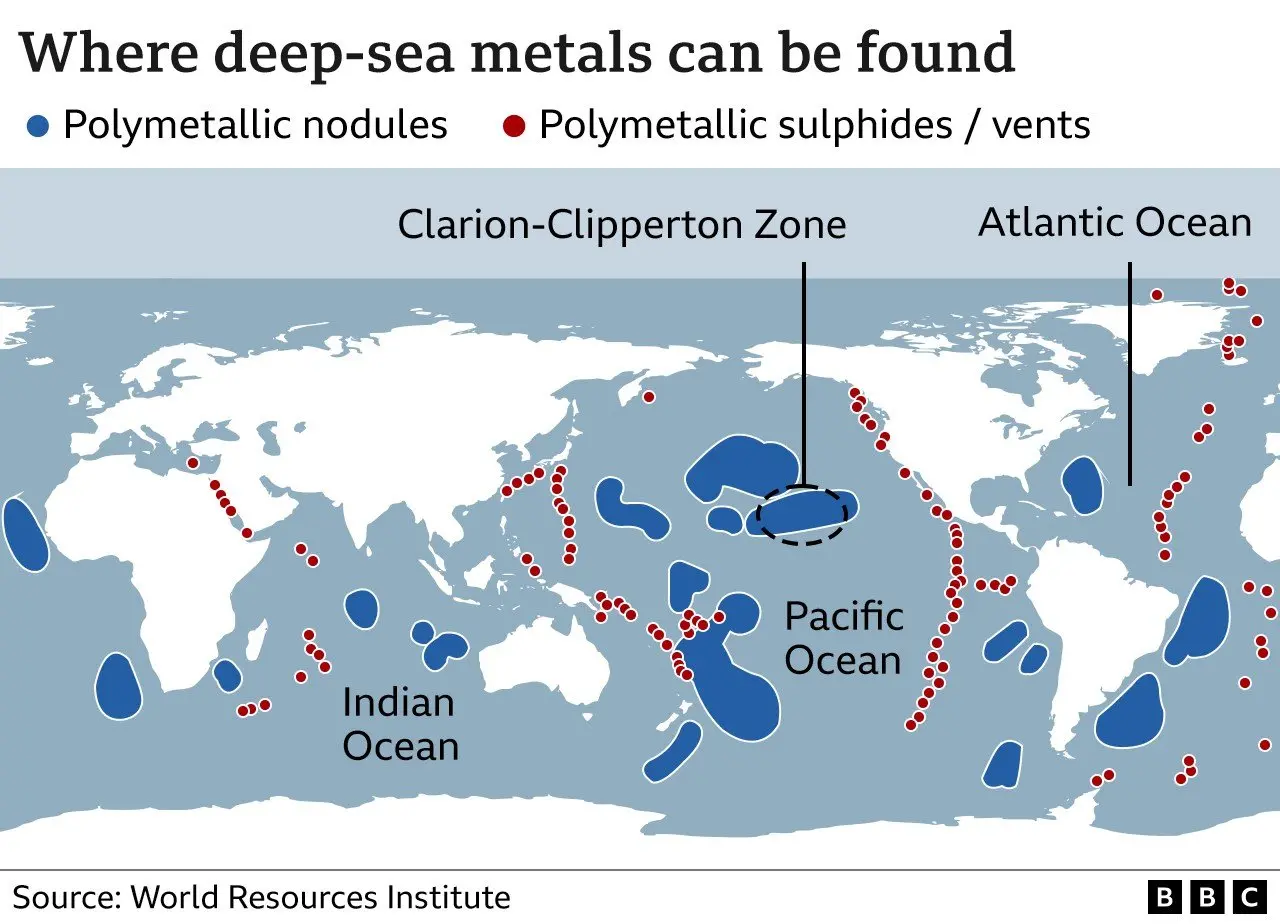What do coral reefs provide for marine life? If all coral reefs were to die, 25% of marine life would lose their habitat. There are roughly around 1 million different species that rely on coral reefs for food and shelter. If coral reefs were to die this would have a negative impact on biodiversity which would have a knock on effect on many other species including fish, turtles and other sea creatures.
There would also be a profoundly negative impact on humans if coral reefs died! Many coastal areas could suffer an acute food crisis as fish numbers begin to drop.
Coral reefs also offer a huge source of life-saving drugs for the health industry, for example, extracts of sponges found in a Caribbean reef were used to help form the antiviral drugs Ara-A and AZT and the anticancer agent Ara-C.




 Love a bit of Doom Mongery........ cleanses the palate.
Love a bit of Doom Mongery........ cleanses the palate.
